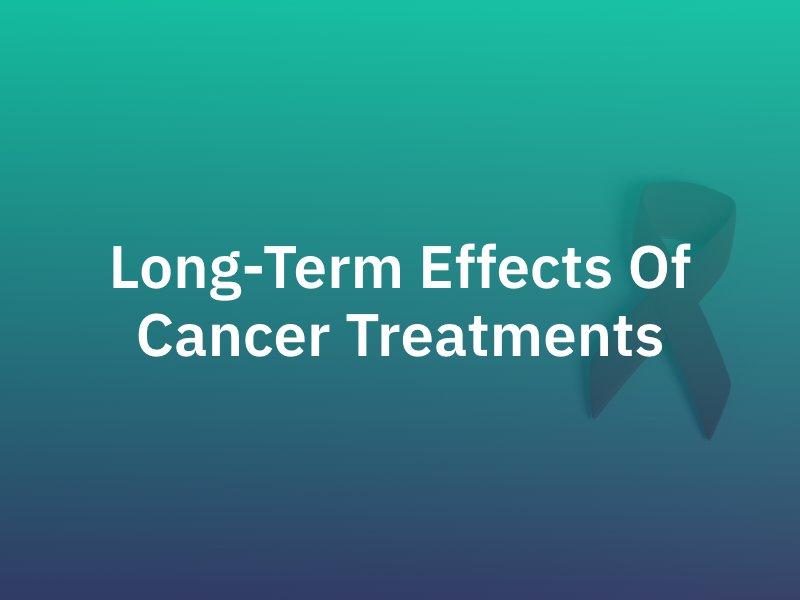Long-Term Effects of Cancer Treatments
Posted on September 20, 2023 in Medical Malpractice
Sometimes, the cure is as painful as the disease. Though necessary, cancer treatments carry with them a large number of side effects. Some of these side effects happen when the healthy organs and cells are damaged during treatment or surgery.
The side effects experienced by every individual will vary depending on the treatments they received, the medications they took, and the location and severity of their cancer. In some cases, a misdiagnosis can lead to improper treatments, in which case an HER2+ misdiagnosis lawyer in Salem may be able to help. If you are experiencing difficulties that seem to be related to your cancer treatments, speak to your medical team about the side effects you may have noticed.

Side Effects
Side effects may be minor and inconvenient or dreadfully life-altering. Some of the side effects that may be experienced are listed below:
- Neutropenia: When the white blood cell count drops, the body has a weakened defense against infection. Depending on the chemotherapy you receive, you may experience neutropenia.
- Lymphedema: When lymph nodes are removed or potentially damaged due to treatments, they may refuse to properly drain. The build-up of fluid can cause swelling, known as lymphedema.
- Hair Loss: Often, hair loss stems from the treatments prescribed for cancer treatment. Cooling caps ensure that the scalp remains cold during the cycle of chemotherapy. This can work to reduce hair loss.
- Nausea and vomiting: One of the most commonly reported side effects of cancer treatment is nausea and vomiting. Your doctor can point you in the direction of pharmaceuticals that will help curb that feeling of queasiness and nausea.
- Memory and concentration issues: Often referred to as “chemo brain,” those exposed to cancer-treating drugs may struggle with memory and concentration. Difficulty managing daily tasks can become exacerbated due to the presence of chemotherapy drugs.
- Pain: Cancer and the treatments used to manage it can cause pain. Struggling with physical pain can make normal life less manageable and decrease your quality of life.
- Deep vein thrombosis or blood clots: Some cancer patients deal with blood clots forming in their veins. These clots commonly form in the lower leg, pelvis, or thighs, but it is not unheard of to experience one in the arm.
Side Effects to Speak With Your Doctor About
The side effects listed above, as well as some others, should be monitored. If you experience these or any of the following, contact your doctor for advice:
- Fatigue
- Loss of appetite
- Depression and anxiety
Your healthcare team will evaluate the side effects you are experiencing and will offer you specific measures to handle the negative impacts you may face. Meanwhile, get plenty of rest and wash your hands often to avoid infection. If you notice that you are experiencing a fever, reach out to your doctor immediately.
Get Help As Needed
While there are many side effects that the cancer treatment may cause, you must note the experiences you are having. Your doctor will review your medications and how you are physically responding to them. This will help eliminate unnecessary medications and will help you manage the symptoms attached to medications you must continue.
